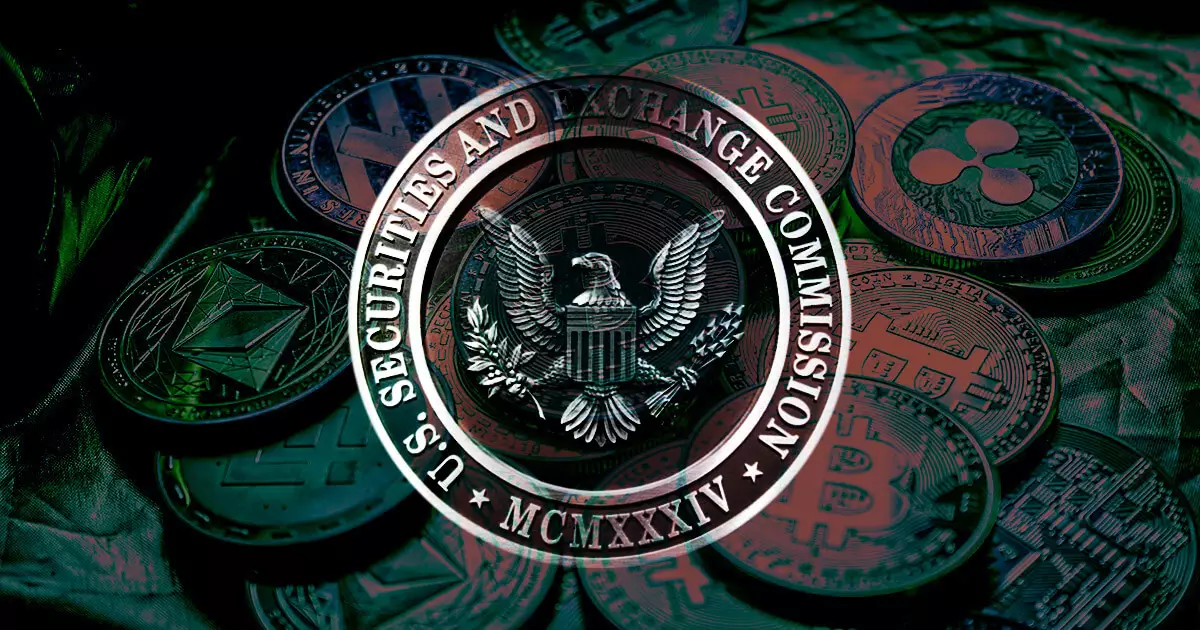The recent charges brought by the U.S. Securities and Exchange Commission (SEC) against TrueCoin and TrustToken have sent ripples throughout the cryptocurrency community. The allegations center on the fraudulent and unregistered sale of investment contracts related to the TrueUSD (TUSD) stablecoin. This situation is a stark reminder of the regulatory scrutiny that this fundamentally volatile market faces. In a statement released on September 24, the SEC accused both companies of misleading investors by misrepresenting the nature of the financial backing of TUSD, claiming it was fully backed by U.S. dollars while a significant portion of the reserves had been diverted to a risky offshore fund.
In a move that underscores the severity of the allegations, TrueCoin and TrustToken opted to settle the charges without admitting or denying any wrongdoing. The settlement includes strict injunctions alongside civil penalties of $163,766 for each entity. Furthermore, TrueCoin faces additional financial repercussions, including over $340,000 in disgorgement and interest payments. These monetary penalties reflect not only the seriousness of the infractions but also serve as a cautionary tale to other players in the digital asset space regarding compliance and transparency.
The core issue at the heart of the SEC’s complaint lies in the companies’ portrayal of TUSD. By marketing it as a stablecoin backed one-to-one by the U.S. dollar, while simultaneously allocating over half a billion dollars of backing assets into a speculative fund, TrueCoin and TrustToken effectively placed investors in a precarious position. Despite claims of full backing, the SEC’s complaint revealed that a staggering 99% of TUSD’s reserves had been funneled into this risky venture. Such discrepancies raise fundamental questions about due diligence and corporate governance within firms handling substantial sums of investors’ money.
This case sheds light on the urgent need for regulatory oversight in an increasingly complex cryptocurrency landscape. The SEC’s investigation revealed a pattern of unregistered offerings and sales of TUSD investment contracts from November 2020 through April 2023. Such activities not only conflict with existing financial regulations but also expose individual investors to considerable risk. In a market known for its rapid fluctuations, the lack of transparency can have severe consequences, from de-pegging stablecoins to contributing to broader market instability.
As TrueUSD navigates through these turbulent waters—evidenced by its recent drop in market cap to nearly $494 million—the incident serves as a call to action for all stakeholders in the cryptocurrency ecosystem. Ensuring investor safety should take precedence, and the SEC’s actions might signal an era of stricter compliance and increased transparency in the industry. For cryptocurrency firms, the message is crystal clear: failure to maintain ethical and legal standards not only risks monetary penalties but also undermines the potential for sustainability and growth within this burgeoning sector.

